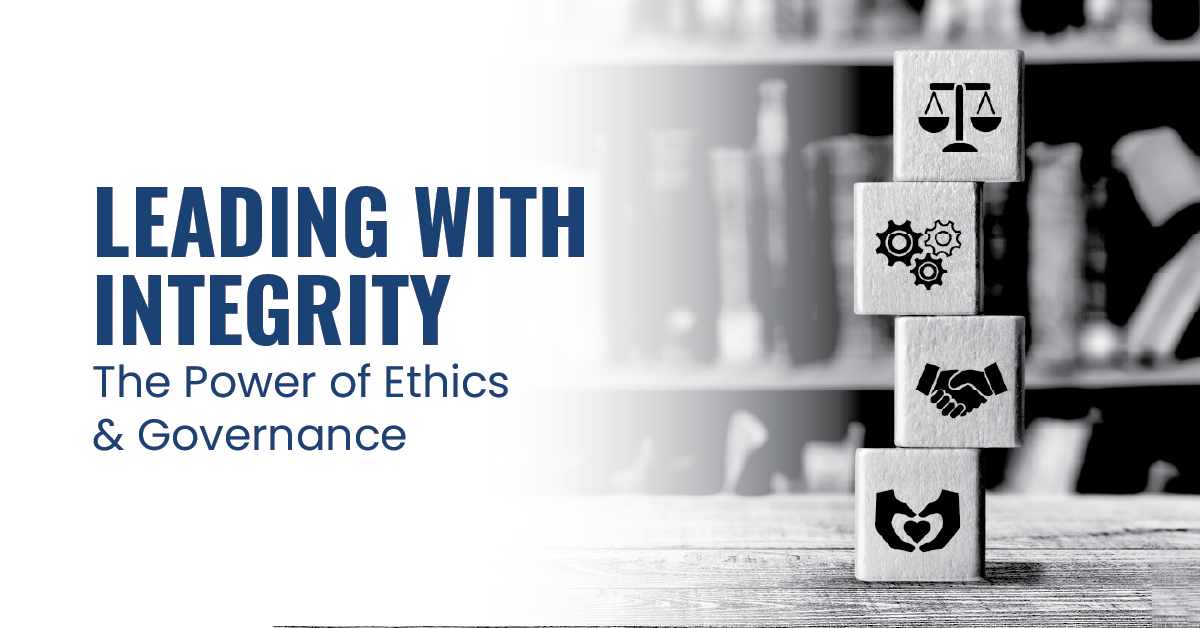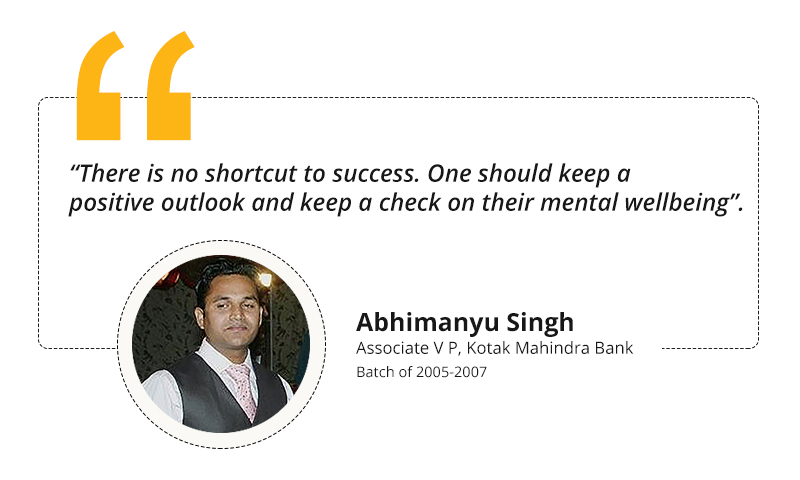Ethical business practices and strong corporate governance ensure that organizations operate with integrity, fairness, and responsibility. These principles help companies earn trust, maintain long-term success, and create a positive impact on society.
As future business leaders, it is essential to understand these concepts and implement them in real-world decision-making. This article explores what ethical business practices and governance mean, why they are important, and how you can integrate them into your professional journey.
What Are Ethical Business Practices?
Ethical business practices refer to the moral principles that guide a company’s actions. They ensure that businesses operate with honesty, fairness, and accountability. Ethics in business means doing what is right, even when no one is watching.
Some key ethical business practices include:
- Transparency: Companies should openly share important information with stakeholders, such as employees, customers, and investors.
- Fairness: Treating employees, customers, and suppliers with equality and respect.
- Corporate Social Responsibility (CSR): Businesses should contribute to society by supporting social causes, protecting the environment, and engaging in ethical labor practices.
- Honest Communication: Providing truthful information in marketing, advertising, and business negotiations.
A good example of ethical business practices is The Body Shop, a global beauty brand that has always focused on cruelty-free and environmentally friendly products. By following strong ethical principles, they have built a loyal customer base and a strong brand reputation.
Corporate Governance: The Backbone of Ethical Business
Corporate governance refers to the rules and systems that control how a company operates. It ensures that organizations make fair decisions and act in the best interest of all stakeholders, including employees, investors, and customers.
The key elements of corporate governance include:
- Board of Directors: A group of experts who oversee the company’s management and ensure ethical decision-making.
- Policies and Procedures: Clear rules that define how business activities should be conducted.
- Accountability: Ensuring that executives and employees take responsibility for their actions.
- Risk Management: Identifying and addressing potential problems before they cause damage.
When corporate governance is weak, businesses can face serious consequences. The Enron scandal in the early 2000s is an example of what happens when companies engage in unethical behavior. Enron’s executives hid financial losses and misled investors, leading to one of the biggest corporate collapses in history.
On the other hand, companies like Microsoft and Tata Group have built their reputations on strong governance, ensuring long-term success and public trust.
The Role of Virtues in Business Ethics
Ethics and governance are not just about following rules—they also require strong character. Virtues are qualities that help individuals and organizations make the right decisions. Some important virtues in business include:
- Integrity: Staying honest and sticking to ethical values, even in difficult situations.
- Prudence: Thinking carefully before making business decisions.
- Justice: Treating all stakeholders fairly and avoiding discrimination.
- Courage: Speaking up against unethical practices, even when it is risky.
Business leaders who follow these virtues set a strong example for their teams and contribute to a culture of ethical decision-making.
Why Ethical Business Practices and Governance Matter
The impact of ethics and governance extends beyond a company’s internal operations. They affect employees, customers, society, and even the economy. Here’s why they are essential:
Building Trust and Reputation
Customers prefer to engage with businesses they trust. When companies are transparent and fair, they gain customer loyalty. For example, brands like Apple and Patagonia are known for their ethical business models, which have helped them build strong reputations.
Legal and Financial Protection
Following ethical practices and governance protects companies from legal troubles. Businesses that engage in fraud or unethical activities often face lawsuits, fines, and even shutdowns.
Employee Satisfaction and Productivity
A company that values ethics attracts top talent. Employees prefer working in organizations that treat them with respect and provide fair opportunities for growth. Ethical workplaces also see higher productivity and lower employee turnover.
Positive Impact on Society
Ethical companies contribute to society through responsible environmental practices, fair wages, and community initiatives. Companies like Unilever invest in sustainability and social causes, creating a positive impact worldwide.
Ethics in the Age of AI and Digital Transformation
With the rise of artificial intelligence (AI) and digital technology, ethical business practices are evolving. Companies now face new challenges, such as data privacy, misinformation, and AI bias.
Here’s what future business leaders should keep in mind:
- Data Privacy: Companies must handle customer data responsibly and follow laws like GDPR (General Data Protection Regulation).
- Fair AI Practices: AI should be programmed to make unbiased decisions and avoid discrimination.
- Cybersecurity: Businesses must protect their systems from hackers and ensure the safety of online transactions.
As technology advances, maintaining ethical standards will become even more critical in business operations.
How Students Can Prepare for Ethical Leadership
As a student, you may not be running a company yet, but you can start building ethical decision-making skills now. Here’s how:
- Develop Critical Thinking Skills
- Before making a decision, ask yourself:
- Is this action fair to everyone involved?
- Does it follow the rules and laws?
- Will it have a positive or negative impact on society?
Learn from Case Studies
Study real-world examples of ethical and unethical business practices. Understanding past mistakes helps prevent future problems.
Participate in Ethics Workshops and Discussions
Engage in classroom debates and discussions about ethics in business. Many universities offer courses on corporate governance and ethical leadership.
Follow Ethical Leaders
Read about successful business leaders who prioritize ethics, such as Ratan Tata (Tata Group) and Satya Nadella (Microsoft). Their leadership styles can serve as valuable lessons.
Take Responsibility in Everyday Situations
Ethics isn’t just about business—it applies to daily life. Whether it’s group projects, internships, or social interactions, practice fairness and integrity in all situations.
Ethical business practices and strong corporate governance are the foundation of responsible leadership. They help businesses earn trust, build long-term success, and contribute positively to society. As future professionals, it is important to develop a strong ethical mindset and apply these principles in every aspect of your career.
By making ethical choices today, you can help create a better business world for tomorrow. The future of business depends on leaders who value honesty, fairness, and responsibility—leaders like you.














Leave a comment